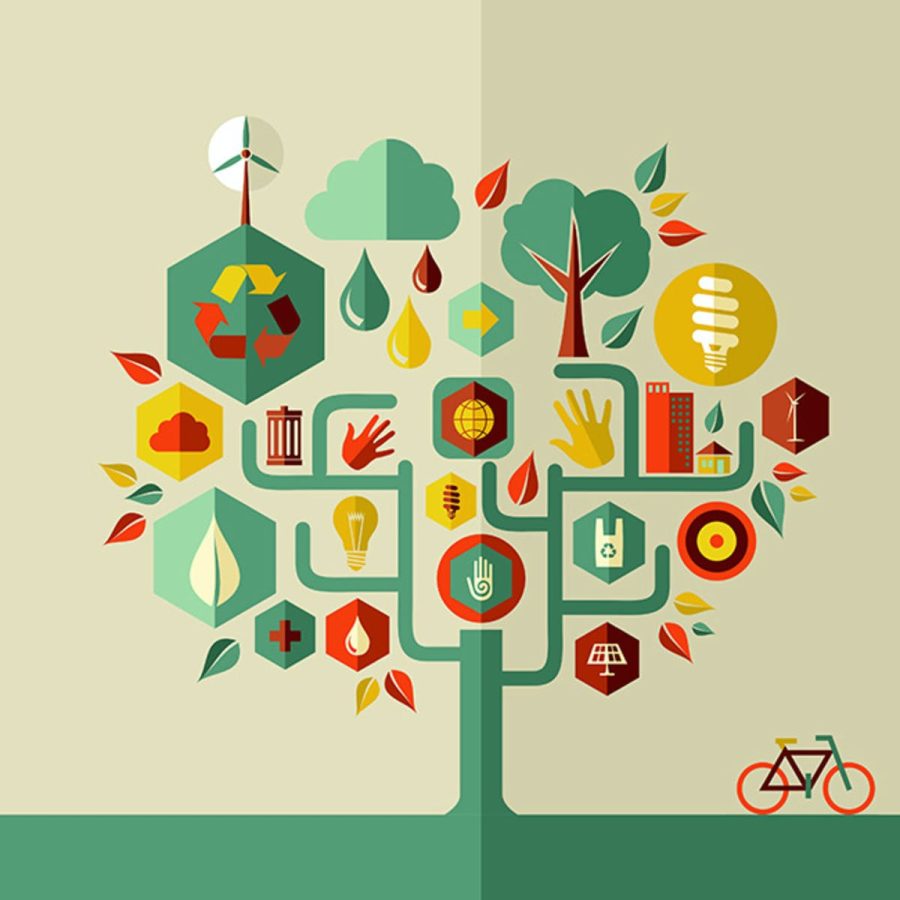The Earth has been increasingly decaying over the years due to the irresponsibility of human industrialism. As technology advances, we pay less and less attention to how much our laziness negatively impacts our planet.
Sustainable shopping is certainly difficult, and economically speaking, it is that way for a reason. Factory-produced and mass-produced goods are highly advertised and made available to just about anyone, due to the fact that the economy relies on constant consumption. Small businesses and sustainable companies are pushed away from the spotlight, because everyone enjoys getting what they want, as fast as they can, at a reasonable price.
Here is the underlying issue though: the companies that are most popular, and that are made available to everyone, don’t tell you how damaging your support to their company truly is to the environment.
For instance, one large unsustainable company is Amazon. Apart from its many unethical practices, it’s main problem is waste.
By 2020, 599 million pounds of plastic waste from packaging was created by Amazon. This waste directly affects our soil, water, and air.
During quarantine, many people had no choice but to order all their goods online, but now that we are no longer on lockdown, we shouldn’t continue to turn a blind eye to the issues facing our environment.
One common misconception that prevents people from changing their shopping habits is that sustainability is more expensive. On the contrary, shopping in an environmentally friendly way is so much better for your bank account!
Instead of supporting fast fashion, shop for clothing from your nearest small business, or thrift store.
Instead of going on large grocery runs every week, check out your nearest farmers market, which can provide better quality products for you and your family.
Of course, the occasional Amazon order or Target run will not be absolutely detrimental to the earth, but regularly doing what you can to help prevent pollution and waste is extremely rewarding.
I challenge you this next week to be more mindful of how you treat your environment. It may not seem like a big deal, since you’re only one person out of nearly eight billion people on earth, but real change begins with the small actions of people like you.












